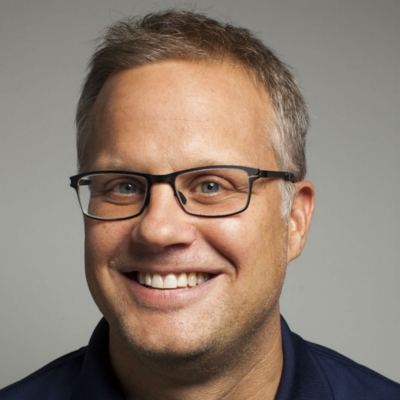October 12, 2018 05:00 PM
Featured Stories
Introducing the winners of the 2025 Ad Age Creativity Awards
Four juries selected the top entries in Work, People, Creative Marketing and Production.
Latest News
Staying current is easy with newsletters delivered straight to your inbox.
See More in Creativity
Staying current is easy with newsletters delivered straight to your inbox.









